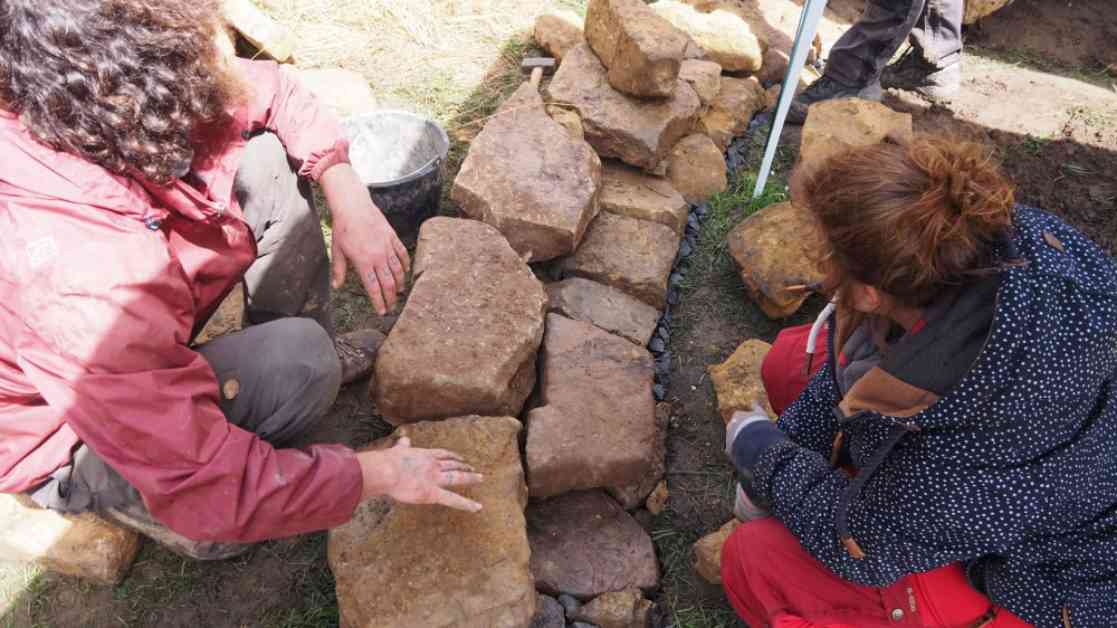The UNESCO has recently recognized the ancient technique of dry stone wall construction as part of the intangible cultural heritage of humanity, highlighting the unique craftsmanship of Luxembourg. This traditional method involves stacking stones without mortar to create sturdy walls that rely solely on their own weight for support. The Grand Duchy of Luxembourg showcases this ancestral practice in vineyards, along hiking trails in Mullerthal, and in drainage and irrigation systems.
Expanding the UNESCO’s list of countries preserving this technique, Luxembourg, along with Belgium, Andorra, Ireland, and Austria, have now joined the global roster of nations celebrating the art of dry stone wall construction. Previously, countries like France, Croatia, Cyprus, Greece, Italy, Slovenia, Spain, and Switzerland had already been recognized for their commitment to this enduring craft.
The UNESCO’s recognition not only highlights the technical skills required for building these sustainable structures but also underscores their crucial role in preserving cultural landscapes, managing natural resources, and promoting biodiversity. The Luxembourgish Ministry of Culture applauds this acknowledgment, emphasizing the importance of reviving this fading practice in the face of modern materials and techniques.
It is heartening to see efforts within the European Union over the past decade to revive this traditional craft through initiatives such as photo contests, inventory assessments, restoration of old walls, and educational workshops on stone placement techniques. For Luxembourg, this marks the fifth intangible cultural heritage site to be recognized by the UNESCO, adding to a list that includes the Echternach Dancing Procession (2010), the Musical Art of Horn Players (2020), Transhumance (2023), Abissage (an irrigation technique, 2023), and Maieutics (the art of midwifery, 2023).
As we celebrate the preservation of these cultural treasures, we are reminded of the rich tapestry of traditions that define our shared human heritage. The art of dry stone wall construction serves as a testament to the enduring craftsmanship and ingenuity of communities across the globe. Through UNESCO’s recognition, we are invited to appreciate the intricate beauty and sustainable practices that have shaped our landscapes for generations to come.

















